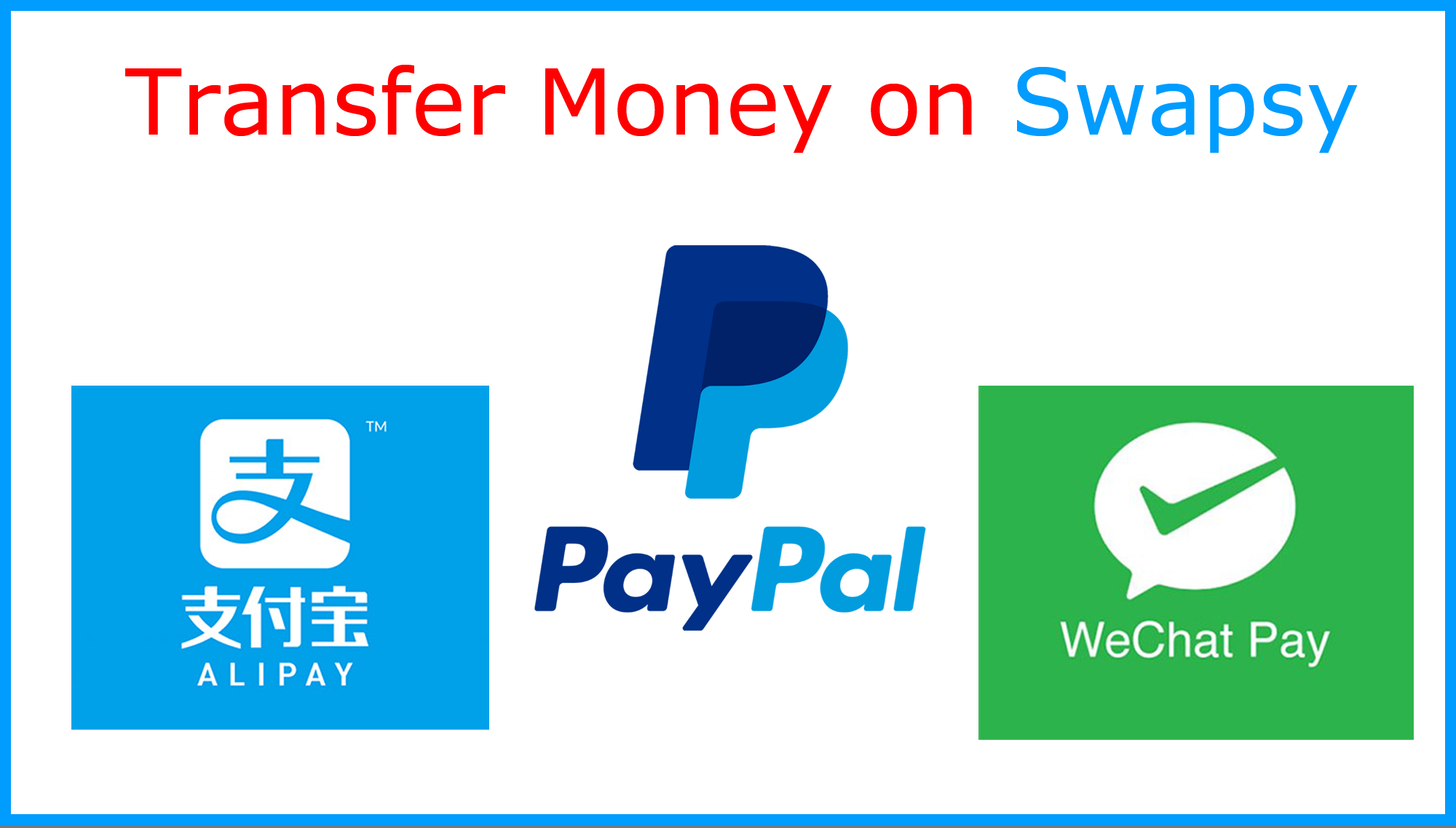

Currently, the data of spending is controlled by both AliPay and WeChat Pay who collectively control about 94% of the online payment market in China. It will be linked to some of the popular apps from China including Bilibili and JD.com but there are still no signs of integration with the other 2 giant payment platforms. Sources claimed that the e-CNY will have better security which is comparable to that of Bitcoin and will be used just like any other digital payment system (including WeChat Pay and AliPay).

6 major banks in China have already been involved including the Agricultural Bank of China, the China Construction Bank, the Commercial Bank of China and the Bank of China. A portion of the physical Yuan of China is digitized and was launched in 2020 during its pilot program. According to CLSA, as of December 2021, there had been 8. The e-CNY is the China government’s initiative in venturing into the digital currency market. While the People’s Bank of China has claimed that it is not intending to use e-CNY to compete with Alipay or WeChat Pay, the marketing of the currency has proven otherwise. This will set in motion new movements in the digital payment market and it is aimed at regulating the anti-competition practices. The development of a sovereign digital currency has been in works involving the country’s major currency. This is because some of the biggest banks have been persuading its customers to start using the digital wallet part of the pilot program that uses the digital yuan. Expectedly, WeChat Pay and Alipay will both rake in transactions amounting to billions but 2021 could well be the year that will change all that. In China, has been set for a shopping festival and that is when digital payments will go into a frenzy. With the announcement and launch of the digital yuan, this landscape is set to change and it could be very fast. A journalist experiences the mobile payment tool of Wechat Pay at a 7-Eleven convenience store in Hong Kong, south China, Aug.For the longest time, AliPay and WeChat Pay have been dominating the electronic transaction market in China.
Some alipay wechat pay ecny 150m code#
Smartphone payment services that use QR code technology became more prevalent in China last year, according to a report released by WeChat, China's popular social media platform. Over 50 million individual businesses were active users of WeChat Pay, one of the country's two major third-party payment platforms, accounting for nearly 80 percent of the country's total. As recently as three years ago, Alipay had a near-monopoly on the market, accounting for over 80 of transaction value. WeBank (WeChat Pay) MyBank (Alipay) Users have access to a wider range of banks if they choose digital payment options, but the payments must be done through the bank’s third-party app. The number of retail transactions using WeChat Pay surged 62 percent year on year.

One of the key reasons for issuing the digital yuan is to prevent an over-reliance on these private payment systems. Most Chinese citizens are quite happy with using existing digital payment solutions Alipay and WeChat Pay. But in 2014, WeChat made the ingenious move to allow users on its social platform to send digital hongbao (red envelopes) to other users which super-charged wallet adoption across WeChat’s nearly 1 billion users. One of the biggest challenges for the eCNY will be adoption. Taking orders through QR codes has become trendy at restaurants, with 53 percent of diners chose to pay bills through WeChat Pay. Annabelle Huang recently won a government lottery to try China’s latest economics experiment: a national digital currency. The report also showed that an increasing number of consumers used WeChat to hail taxis, buy scenic spot tickets, and book hotels.

After joining the lottery through the social media app WeChat, Ms. Huang, 28, a business strategist in Shenzhen, received a digital envelope with 200 electronic Chinese yuan, or eCNY, worth around 30.


 0 kommentar(er)
0 kommentar(er)
